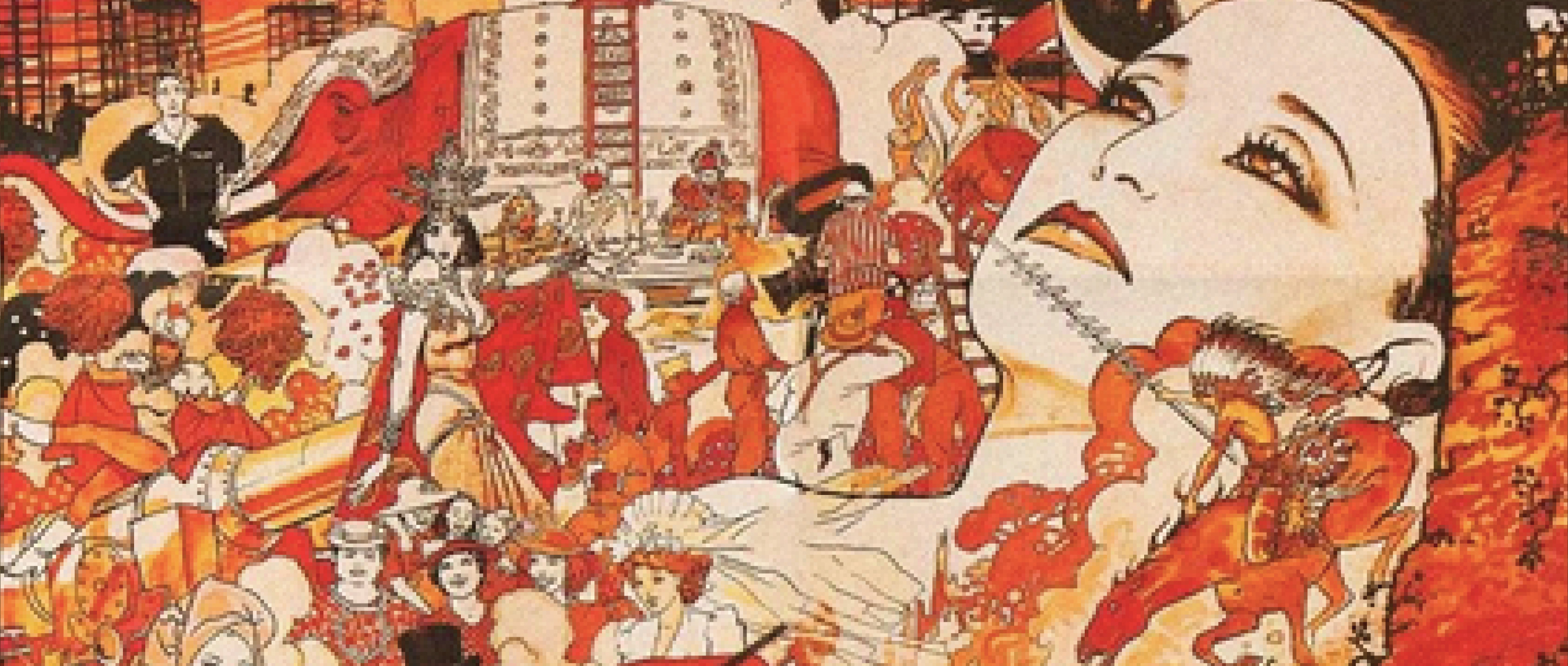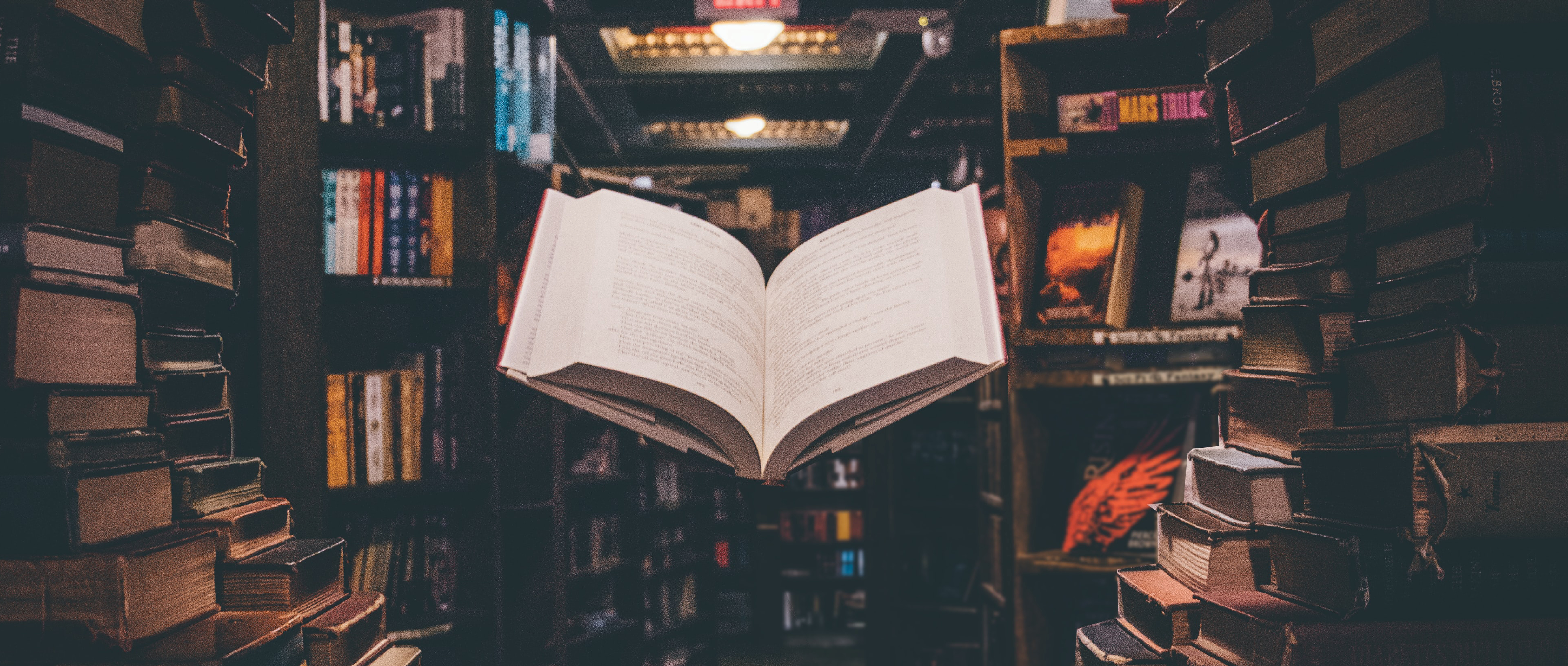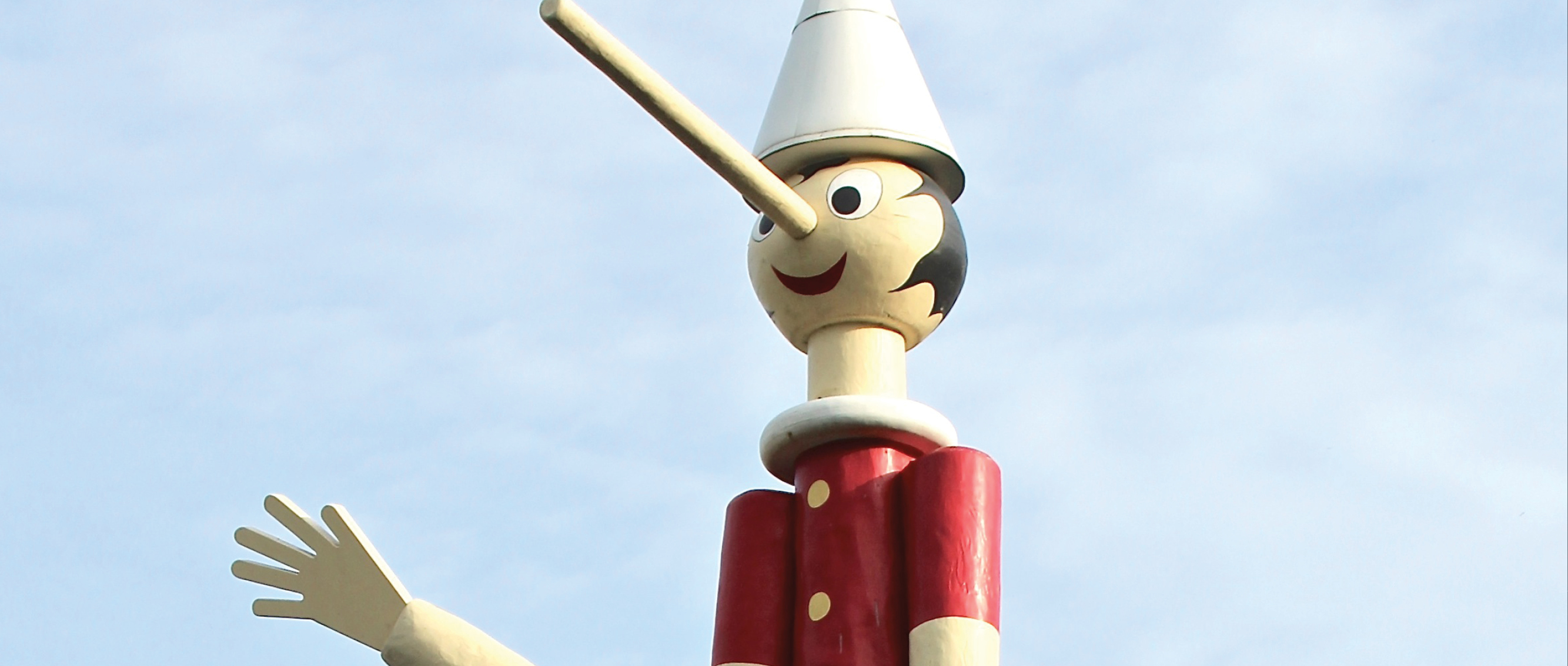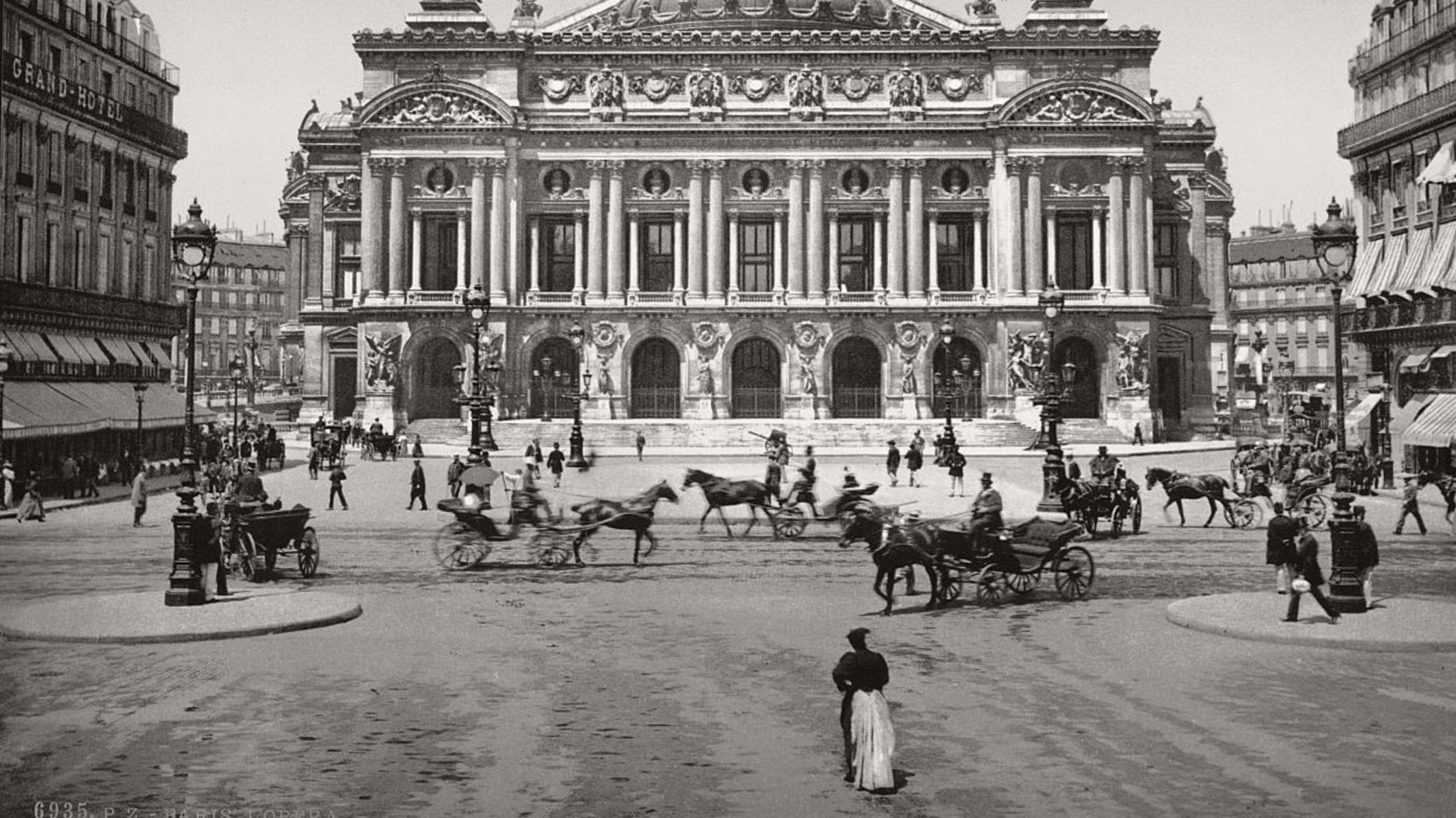Within the Universe/The Universe Within — Dante Alighieri’s Divine Comedy: A Visionary Journey into Medieval Eco-Cosmology
Cross-listed with ITAL403
Dante con in mano la Divina Commedia by Domenico di Michelino (1465)
Undoubtedly the best-known of all poems written in the Italian language during the last seven hundred years, Dante Alighieri’s Divine Comedy takes us on a most unusual journey. We begin our travels quivering with the wayfarer at the outskirts of a ghastly dark forest, and we end them basking in the blissful light of a cosmic embrace. What makes such a change of perspective possible? The journey itself, Dante maintains, having been taught by his teachers, Virgil and Beatrice, how fearlessly to approach the abysses of the human psyche during his visionary explorations of the “beyond.”
From exile to ecstasy, from wretchedness to reintegration, this is the story of a process of inner transmutation, whose liberating power has touched countless readers over the ages and across cultures. More than ever today Dante’s poem shows us how progressively to uncover the vastness that lies hidden within every single atom of our own self, and of the universe that surrounds us.
In the words of Pope Francis (2014), Dante is «a prophet of hope, herald of the possibility of redemption, liberation and the profound transformation of every man and woman, of all humanity». As such, he «still has much to say and to offer through his immortal works to those who wish to follow the route of true knowledge and authentic discovery of the self, the world and the profound and transcendent meaning of existence». In order to do this, Dante walks a very thin line between orthodoxy and heterodoxy, the path taken by visionaries of all times and spiritual traditions.
Dante’s cosmic perspective is powerfully inspiring to this day, witness the exemplary role his journey played in shaping the worldview of C. G. Jung, the father of analytical psychology, at the beginning of the 20th century, and at the other end of that same century, the “wild sacred” ecological visions of Thomas Berry, the father of ecophilosophy. It is indeed as a “wounded healer,” as a “modern shaman,” and even more compellingly perhaps as an ante litteram ecologist and activist of the world-soul that Dante asks to be understood today — beyond the boundaries of society’s self-serving needs for canonicity and legitimization.
This course offers a close reading of Dante’s masterpiece through a large selection of excerpts from all of the canticas (Inferno, Purgatorio, Paradiso), along with a reading of Dante’s earlier work Vita Nuova (The New Life) in its entirety.
Language of instruction: English
Prerequisites: No prerequisites
Note: Credit will be granted for only one of RMST 453, ITST 413 or ITAL 403
Expand all
|
Collapse all
35% 5 reading responses
25% Midterm
30% Final
10% Attendance and participation
100% Total
Required readings
Dante Alighieri, Dante Alighieri, Vita Nuova, tr. Virginia Jewiss. Penguin, 2022. (ISBN 978-0143106203) Please buy this book.
Dante Alighieri, Inferno, Purgatorio, Paradiso, tr. R. Kirkpatrick. Penguin Classics 2006-07, 3 vols. (ISBN Inferno: 978-01404489; Purgatorio: 978-0140448962; Paradiso: 978-0140448979
Dante Alighieri, The Divine Comedy, tr. Steve Ellis. Vintage Classics 2019. (ISBN 978-1784871987) Please buy this book.
Recommended readings
Guy P. Raffa, The Complete Dante Worlds. A Reader’s Guide to the Divine Comedy. Chicago UP, 2009. (ISBN 978-0226702704)




